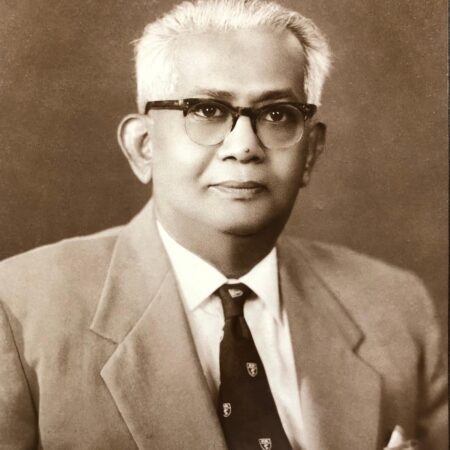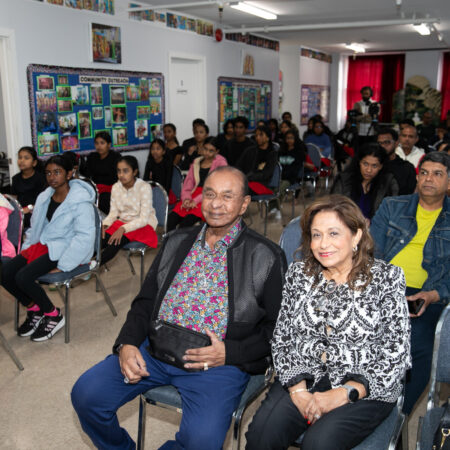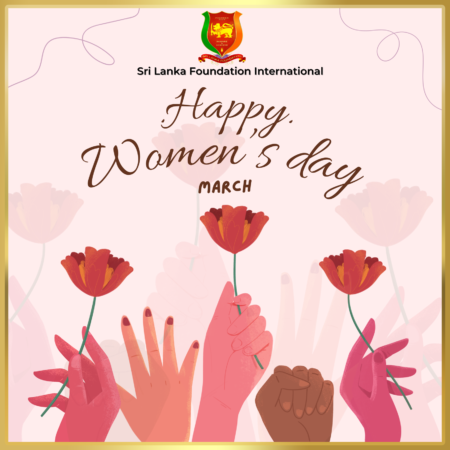Prof. Sharika Thiranagama is the Assistant Professor of anthropology at the New School for Social Research and Visiting Assistant Professor of anthropology at Stanford University. Her research has focused on various aspects of the Sri Lankan civil war. Primarily, she has researched two ethnic groups: Sri Lankan Tamils and Sri Lankan Muslims. Her research explores changing forms of ethnicization, the effects of protracted civil war on ideas of home amid profound displacement and the transformations in and relationships between the political and the familial amid political repression and militarization.
Since 2014, Sharika Thiranagama has also carried out new work in Kerala, South India centering on Dalit agricultural communities in Kerala, South India. She examines how communist-led political mobilization transformed everyday and political mobilization and reconfigured older caste identities, re-entrenching caste inequities into new kinds of private neighborhood life.
Prof. Sharika Thiranagama, In My Mother’s House: Civil War in Sri Lanka, deals, in detail, with the contrasting meanings of ‘home’ among the Northern Sri Lankan Tamils and Muslims. Thiranagama portrays the images of the Northern Tamils, who determine a person’s character by learning about their home.
They consider their relationship with the soil the most important of all. This aspect is well researched in the book, which contributes significantly to political anthropology and the ethnography of violence, particularly concerning the concepts of home and displacement. The author investigates a number of issues, prominently the effects of the protracted war on the meanings amidst profound displacement, transformations of familial and generational experiences and the impact of the political violence on civilians executed by both the Liberation Tigers of Tamil Eelam (LTTE) and the Sri Lankan state.
In a wider context, the book focuses on the controversial and dramatic ending of the long civil war fought since 1983 between the Sri Lankan state and the LTTE and concluded in 2009 with the military defeat of the LTE. This conflict produced massive internal and external displacement of Tamils and Muslims from the north and the east. It also led to a significant number of academic studies on political violence, conflict, forced relocation, trauma, nationalism and ethnoreligious identity formation.
Prof. Thiranagamas book is a significant complement to these works as she deals with a completely new approach to the concept of home in Sri Lanka. Her main aim is to examine the position of the victims of the war and their historical and political trajectories’, which shape their ideas of home. She studies home as an everyday language of love, affection, sentiment and memory. To this reviewer, the most significant contribution of this book lies in elucidating the various ways in which the numerous internally displaced persons (IDPs) explore the meanings of home in times of crisis.
Prof.Thiranagama applies an innovative perspective on generations and generational divergences, focusing on the difference between young and old generations on experiences of war. The focus of this review is mainly on the two issues mentioned above.
Prof.Thiranagama also co-edited with Tobias Kelly the book, Traitors: Suspicion, Intimacy, and the Ethics of State-Building, first published on January 1st, 2009, by the University of Pennsylvania Press. The figure of the traitor plays an intriguing role in modern politics. Traitors are a source of transgression from within, creating their own kinds of aversion and suspicion. They destabilize the rigid moral binaries of victim and persecutor, friend and enemy. Recent history is stained by collaborators, informers, traitors, bloody purges and other acts of retribution against them. In the emergent nation-state of Bhutan, the spectre of the “antinational” traitor helped to transform the traditional view of loyalty based on social relations. In Sri Lanka, the Tamil Tigers’ fear of traitors is tangled with the Tamil civilians’ fear of being betrayed by the Tigers as traitors.
Here are some of her recent publications.
*In 2019, “Rural Civilities: Caste, Gender and Public Life in Kerala. South Asia: Journal of South Asian Studies and “Respect Your Neighbor as Yourself: Neighborliness, Caste, and Community in South India” Comparative Studies for Society and History.
*In 2018, “Introduction: Whose Civility?” in Special Issue Civility: Global Perspectives, Anthropological Theory and “The Civility of Strangers? Caste, Ethnicity and Living Together in Postwar Jaffna, Sri Lanka” in Special Issue Civility: Global Perspectives, Anthropological Theory Volume.
*In 2014 “Making Tigers from Tamils: Sri Lankan Tamils and Long Distance Nationalism in Toronto, Canada” American Anthropologist and “Female Militancy: Reflections from Sri Lanka” in Routledge Handbook of Gender in South Asia, Leela Fernandes, London: Routledge.
Prof. Thiranagama received the following Honors & Awards:
*Grant for the project, The Local Level Social Life of Global Ideologies (Kerala), The National Science Foundation. Cultural Anthropology Program (2015-2017).
*Post PhD Research Grant, Wenner Gren Foundation (2015-2016). Received President American Institute for Sri Lankan Studies (2017 – Present).
*Elected Director, Board of Directors, American Institute of Sri Lankan Studies (2013 – Present). Elected Director, Board of Directors, American Institute of Sri Lankan Studies (2010 – 2013).
https://youtu.be/az5Q6BDmeoI











![TV-Poster-All-Exhibition-Sri-Lanka-in-Focus-USA-2025[1]](https://www.srilankafoundation.org/wp-content/uploads/2025/04/TV-Poster-All-Exhibition-Sri-Lanka-in-Focus-USA-20251-450x450.jpg)










